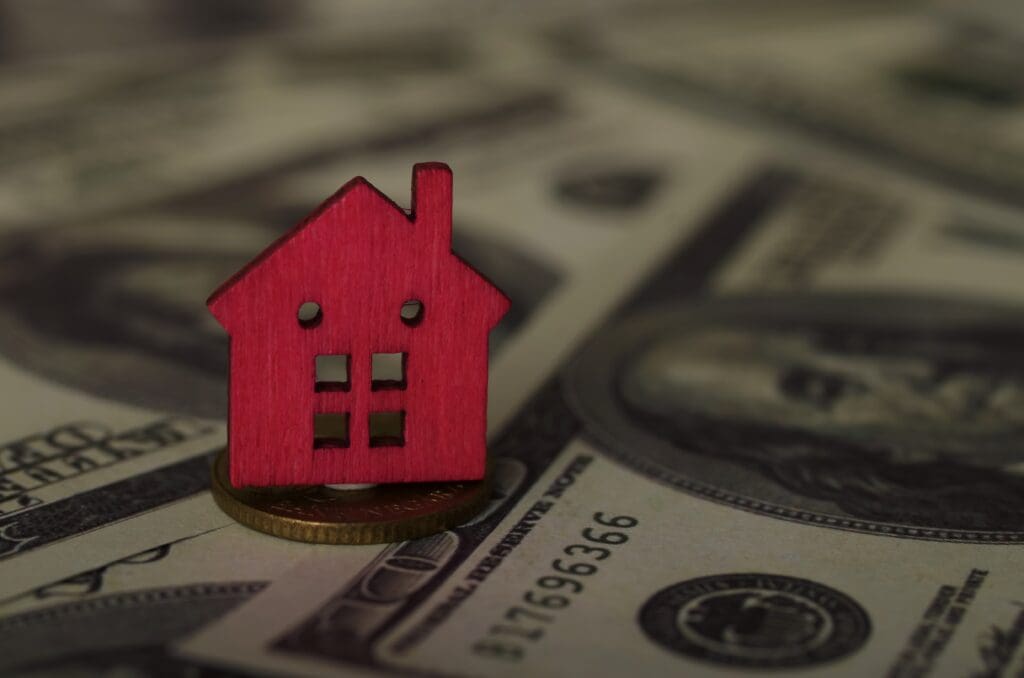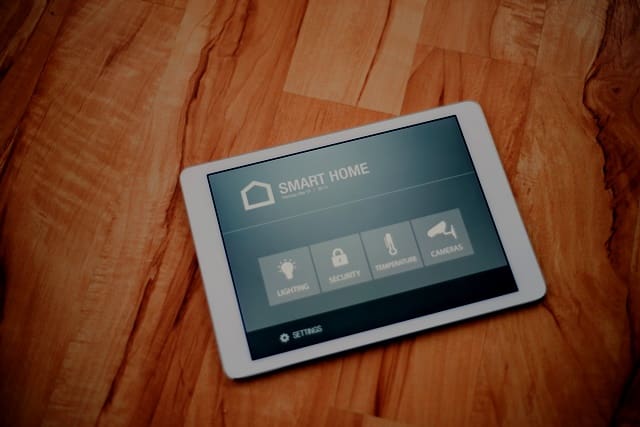In recent years, smart home technology has become a driving force in the real estate industry. From automated lighting and temperature control to advanced security systems, smart homes offer convenience and efficiency that appeal to today’s tech-savvy buyers. Real estate agents are witnessing a shift in client expectations as potential homeowners increasingly seek properties equipped with modern smart technology. This trend is transforming how properties are marketed and sold, requiring agents to adapt to a rapidly evolving landscape. For agents, understanding the latest in smart home innovation is no longer optional—it’s essential for staying competitive.
How Smart Homes Are Changing Buyer Expectations
The integration of smart technology in homes has significantly raised the bar for buyer expectations. Modern buyers, especially Millennials and Gen Z, prioritize convenience, sustainability, and security, all of which are enhanced by smart technology. Features like remote-controlled thermostats, voice-activated assistants, and smart locks offer levels of personalization and ease that many buyers now expect. In a market where smart features are no longer just a luxury but a standard, agents must highlight these assets effectively. Recognizing this shift can help agents position properties with smart technology as a more attractive and forward-thinking choice for buyers.
Smart Homes and Property Value

Smart home technology does more than appeal to buyers—it also has a notable impact on property values. Properties with integrated smart systems often command higher prices due to their added functionality and future-proofing benefits. Smart homes can offer better energy efficiency, lower utility costs, and heightened security, making them a more attractive investment for buyers. Agents who can effectively communicate these benefits can capitalize on higher price points and a faster sales cycle. With technology continuing to advance, the potential value of smart homes is only expected to grow, making them an essential aspect of the future real estate market.
Challenges in Selling Smart Homes
While the demand for smart homes is on the rise, selling these properties comes with unique challenges. For one, agents need to stay informed about the rapidly evolving technologies and ensure they can effectively explain and demonstrate smart home features to potential buyers. Additionally, issues such as compatibility, cybersecurity, and maintenance may be concerns for less tech-savvy clients. Real estate agents must be prepared to address these concerns and alleviate any doubts buyers may have. Navigating these challenges requires a nuanced approach that balances enthusiasm for smart technology with a realistic understanding of its limitations.
Adapting Your Marketing Strategy for Smart Homes

Marketing smart homes requires a shift in strategy, focusing on the unique benefits and convenience that technology brings to daily life. Emphasizing how smart technology can make life easier, safer, and more sustainable is crucial to attracting interested buyers. Digital content, including virtual tours showcasing smart features, video demonstrations, and detailed listings, can provide valuable insight to prospective buyers. Additionally, using SEO-optimized content that highlights keywords related to smart homes, energy efficiency, and home automation can help agents attract more traffic to their listings. Adapting marketing strategies to highlight smart home technology is essential in reaching today’s increasingly tech-focused buyers.
Conclusion: The Future of Smart Homes in Real Estate
As smart home technology continues to evolve, its role in real estate will only grow more significant. Real estate agents who stay updated on the latest trends and understand the value of smart home features will be better equipped to serve their clients and capitalize on these innovations. Smart homes are no longer a passing trend but an essential consideration in modern real estate. Embracing this shift opens doors to new opportunities and gives agents a competitive edge in a rapidly changing market. The future of real estate is undeniably intertwined with smart technology, and adapting now will set agents up for lasting success.
#SmartHomes #RealEstateTech #HomeAutomation #SmartProperty #RealEstateMarketing #SmartHomeFeatures #ModernHome #FutureOfRealEstate #RealEstateInnovation
